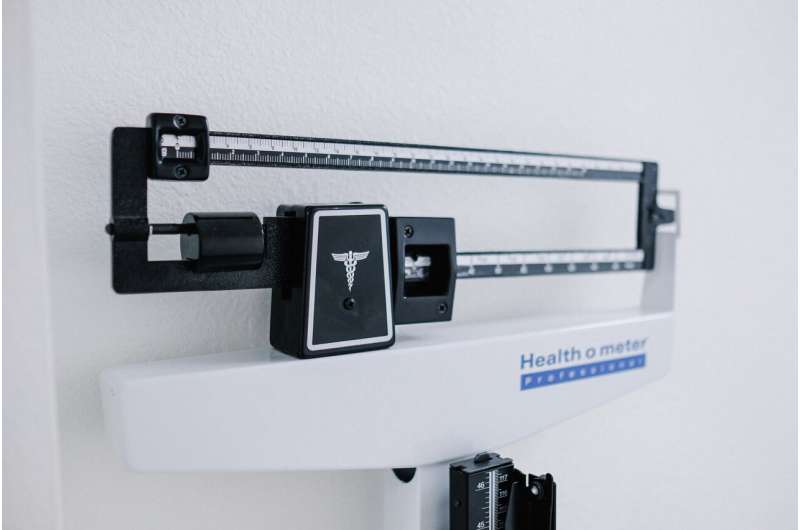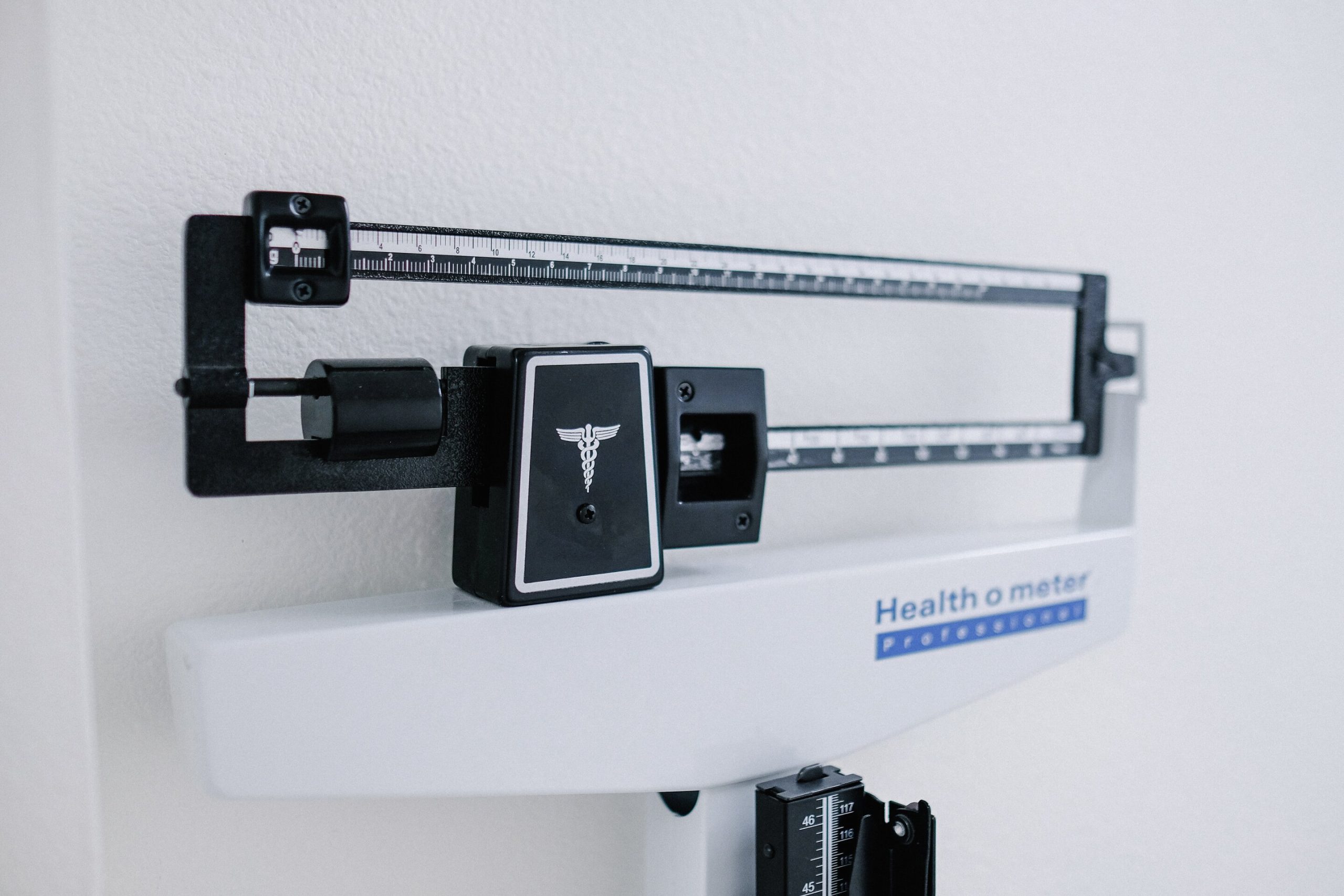
Brooke Boyarsky Pratt remembers when her childhood doctor told her mom that her daughter weighed too much.
“You should send her to fat camp,” she remembers the doctor saying.
Boyarsky Pratt was eight years old at the time.
People who have obesity regularly report medical providers are rude or dismissive towards them, research shows, which can lead people to avoid necessary health care. People with high BMIs also have their treatment denied or delayed either because their medical providers don’t take their pain seriously, or because medical offices and clinics don’t have equipment that can accommodate them.
“What we have done in the United States does not work,” Boyarsky Pratt said.
Boyarsky Pratt’s childhood experience has been repeated throughout her life, she said. At one point, she believes her medical care was delayed when a doctor initially said her knee pain was likely due to her weight. It turned out she had a torn meniscus, she said.
In part based on her own experience, the Dallas native partnered with an obesity doctor and launched a medical clinic in Boston that provides “weight-inclusive” care. Patients can go to the clinic for either primary care or weight management care, or both.
And this month, Boyarsky Pratt opened a second clinic near her hometown. The new clinic, in Plano, saw its first in-person patient in mid-October and hosted a grand opening earlier this week.
Both Boyarsky Pratt and her co-founder Dr. Angela Fitch said the clinics, under the company name knownwell, aim to provide empathetic medical care to patients who are frequently stigmatized in traditional health care settings.
The clinics are coming on the scene at a time of explosive public interest in weight management. Wegovy—the weight loss version of the drug Ozempic—was approved by the U.S. Food and Drug Administration in 2021. It was the first drug for “chronic weight management” to be approved since Saxenda in 2014.
A May 2024 poll by KFF Health News found that 12% of U.S. adults have taken a GLP-1 agonist—the class of drug that includes Wegovy and Ozempic—at some point, either for weight loss or for treatment of diabetes or another condition.
Despite the interest in weight management, a number of factors in the U.S. medical system converge to create a significant gap in care for people who are living with obesity. (The American Medical Association has recognized obesity as a disease since 2013.)
First, there’s a lack of providers who are trained in how to treat obesity, multiple experts said. There are only about 8,000 doctors in the U.S. who have been certified by the American Board of Obesity Medicine, according to the board’s data. And for doctors in other specialties, including primary care, obesity-specific training is rare.
Fitch, who’s a primary care doctor and an obesity specialist, said there’s nowhere near enough obesity doctors to match the magnitude of the need.
Nationwide, about 40% of U.S. adults are obese, according to a recent report from the U.S. Centers for Disease Control and Prevention. Texas has a slightly lower rate of obesity, at about 34% of adults. Nationwide, nearly three-quarters of U.S. adults have either obesity or overweight.
“There’s just so many patients that need to be treated,” Fitch said.
Doctors without formal training in obesity care can end up perpetuating weight stigma in their interactions with patients, said Dr. Jaime Almandoz, the medical director of UT Southwestern Medical Center’s Weight Wellness Program. And weight stigma itself creates another barrier to care.
“This creates a very toxic environment for people who then want to avoid care with that clinician because they feel they’re not being listened to,” Almandoz said. “Some clinicians can struggle to look beyond weight.”
James Zervios, the chief operating officer of the Obesity Action Coalition, attributed much of the gap in care to medical providers themselves.
“The reason why that gap exists is because of weight bias in health care, especially in primary care,” Zervios said.
When patients struggle to find a doctor who will listen to their concerns—or when they’re too nervous to go to the doctor at all—it can lead to a cycle of worsening health.
Almandoz said he hopes to see more providers approach patients as people first, regardless of whether they have obesity. That would be a step toward providing medical care that actually helps people, as opposed to care that alienates people.
“Our patients are people that have diseases,” Almandoz said. “We need to make sure that people are getting the kind of comprehensive care they need.”
2024 The Dallas Morning News. Distributed by Tribune Content Agency, LLC.
Citation:
People with obesity are berated, ignored by doctors: A new clinic aims to fix that (2024, November 6)
retrieved 6 November 2024
from https://medicalxpress.com/news/2024-11-people-obesity-berated-doctors-clinic.html
This document is subject to copyright. Apart from any fair dealing for the purpose of private study or research, no
part may be reproduced without the written permission. The content is provided for information purposes only.


